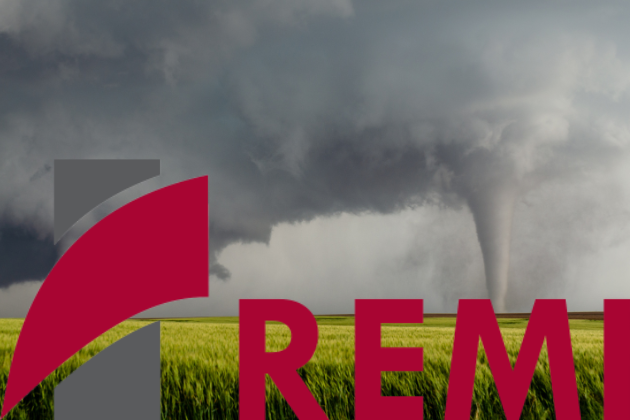
Click here to view the slides from this presentation.
Recent unforeseen disasters, like the East Palestine train derailment, the Francis Scott Key Bridge collapse, and general increases in extreme weather in certain regions of the United States have created discussion about infrastructure resilience and recovery. Supply chain disruptions often have severe long-term economic impacts at the regional and national level, and it is important to conduct resilience analysis to understand the economic impacts of these disruptions and how they could be mitigated. In addition to affecting broad economic factors like employment, GDP, and wage level, these destructive events also hurt individuals due to increased insurance rates, which may incentivize these people to migrate or decrease spending.
Join us for a webinar as we explore the connection between unforeseen events, including supply chain disruptions and natural disasters, and insurance rates. Using REMI PI+, we will discuss how some regions are impacted more than others, and we will also explain which demographics are most hurt by these trends. We will also discuss why doing resilience analysis is crucial to ensuring regions are prepared for supply chain disasters, and fully understanding the crippling effects of disruptions of varying length